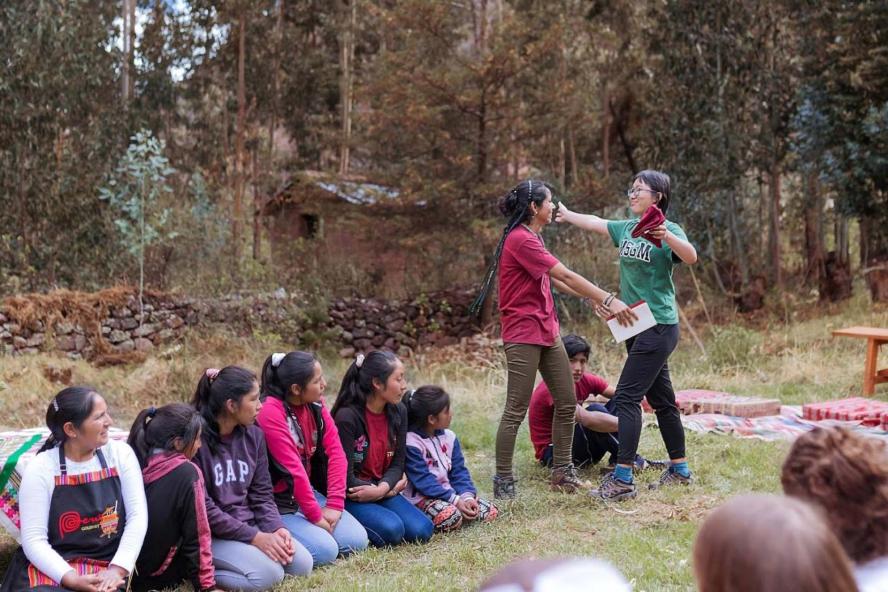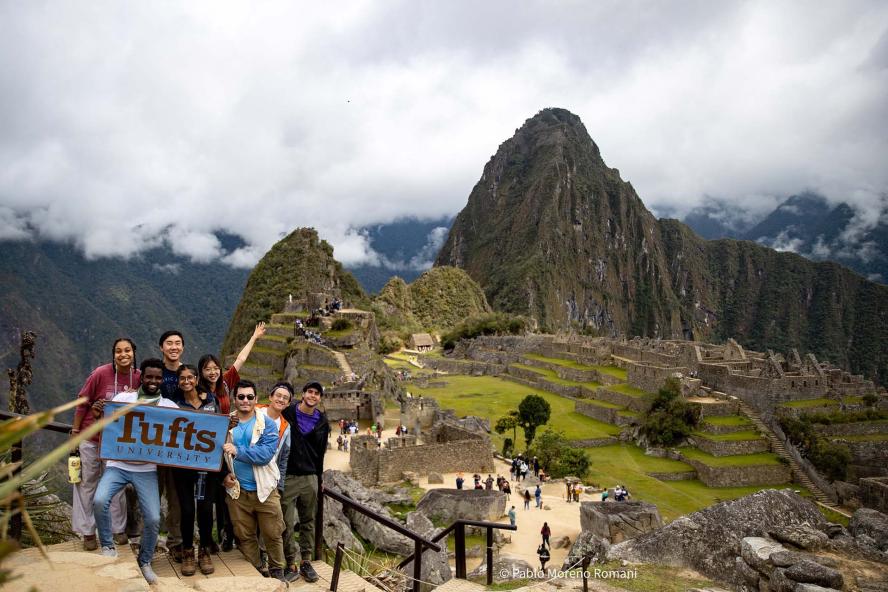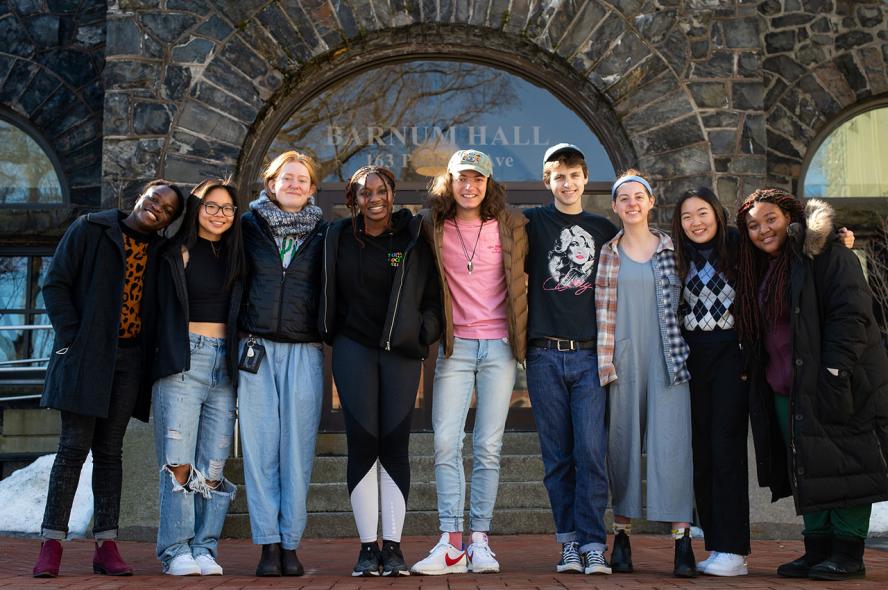
It is hard to put into words how much I have learned, but I learned the value of living in community, the value of social change and trying to make a good impact, the value of getting new perspectives and seeing other sides before making a decision. I learned to be more confident about myself and to be more comfortable in my skin.



